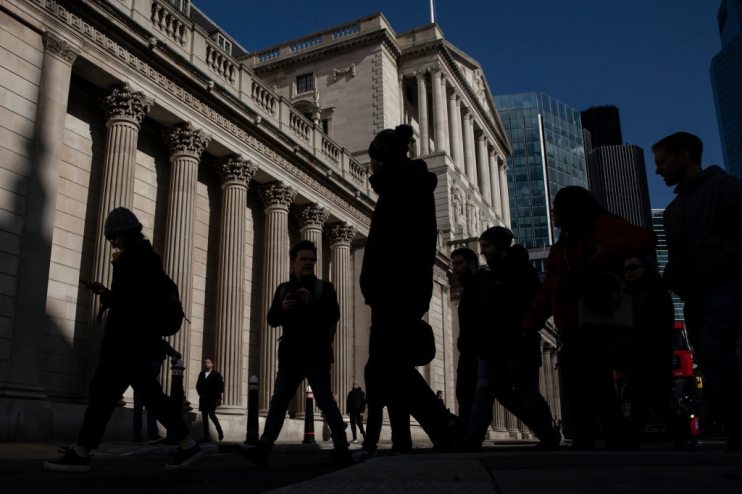Central banks and governments pressured lenders to rig Libor rate, new book claims

A new book alleges that banks were pressured by central banks and governments to manipulate the London Interbank Offered Rate, or Libor, in an attempt to boost confidence in the financial sector.
The book, which is being serialised in The Times, claims that regulators and prosecutors knew about this pressure, but covered it up when it came to prosecuting individuals accused of rigging the rate.
The claims are set to be published in full next week in a book called ‘Rigged’ by BBC economics correspondent Andy Verity.
Libor acts as a benchmark interest rate that indicates borrowing costs between banks. Verity alleges banks were pressured by central banks into setting artificially low rates in order to calm panic in financial markets.
“The evidence indicates that in October 2008, central banks including the Bank of England, the Banque de France, the European Central Bank, Banca d’Italia, Banco de Espana and the Federal Reserve Bank of New York intervened on a large scale in the setting of Libor and Euribor,” Verity argues.
Verity claims that despite being informed of these efforts, regulators have kept them secret from lawmakers and the wider public.
The allegations raise concerns both that individual bankers were scapegoated and parliamentary committees were misled regarding the extent of the state’s role.
The UK’s Serious Fraud Office (SFO) convicted a total of nine traders for their role in rigging London Interbank Offered Rate, known as Libor, including former UBS and Citigroup trader Tom Hayes.
According to Verity, jurors in these criminal trials were never shown the evidence about governments and central banks alleged involvement.
The Treasury Select Committee was also not shown this evidence, Verity said.
Speaking in Parliament last week ahead of today’s report, David Davis said “the Treasury Select Committee may have been misled by state agencies about the knowledge and involvement of the state in setting false rates”.
The Serious Fraud Office, however, disputed the claim that any bankers were scapegoated.
“The Serious Fraud Office secured the convictions of nine individuals for rate-rigging; all either pleaded guilty or were found guilty by a jury. A number of those convictions have been reviewed by the Court of Appeal and all have been upheld,” a spokesperson said.
The Bank of England called the claims “unsubstantiated”.
A spokesperson from the Financial Conduct Authority (FCA) said: “What was known about inappropriate Libor submissions was thoroughly looked into a decade ago, including in a review published by the FSA that remains publicly available.”
“Full disclosure of evidence was provided as part of criminal prosecutions brought in both the UK and US,” they added.